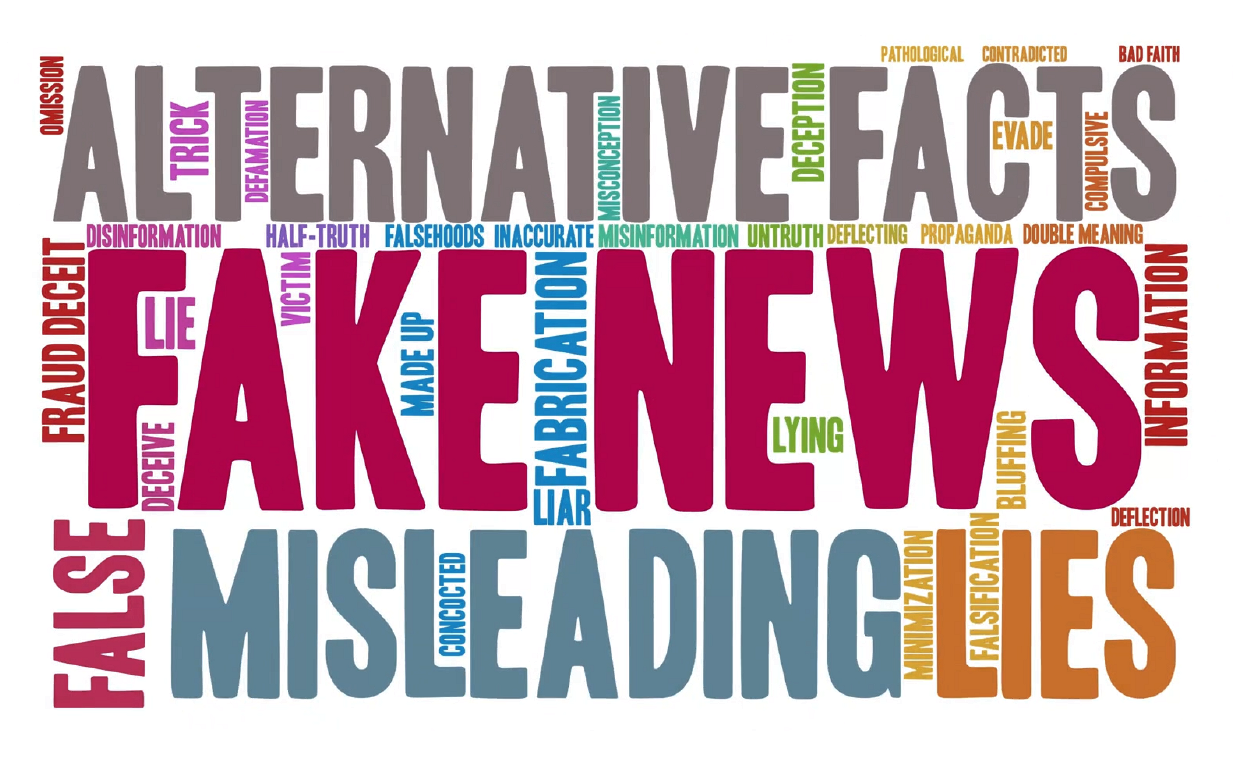
SedonaEye.com Star Pet Columnist Poco Diablo McGuire wants to stop pet purchase fraud.
Sedona AZ (December 29, 2017) – Attention Four Paws Up Pals and Parents, it’s me Poco Diablo McGuire Star Pet Columnist writin’ from Sedonie Arizonie! Spread the news round the countryside that there be some bad ‘uns out there stealin’, lyin’ and a cheatin’ using pictures of my Four Paws Up Pals!! These baddies be puttin’ a hurtin’ on those a lovin’ us by scammin’ an takin’ der hard earned cash!! No siree!! Not gonna be happenin’ on my Four Paws Up watch!!
Listen up Four Paws Up Pals, it’s time we alls form a “inform-a-nation posse” and put a hurtin’ on dem scumbag thieves!! Share this story with everybodies ya know so we Four Paws Up Gang can make it a better New Year!! We’s all can put a stop to da schemin’ and stealin’ if we joins together!!
Four Paws Up Pals like me are a givin’ thanks to our lovin’ families (specially moms jest like mine) that they taught us to be good – an to know whats right an whats wrong!! We luv ya!!
The Better Business Bureau is warning consumers that an international scheme to sell non-existent puppies and other pets to unsuspecting consumers may be significantly more organized and widespread than generally believed. In a new report, “Puppy Scams: How Fake Online Pet Sellers Steal from Unsuspecting Pet Buyers”, BBB warns that the scams are so widespread that anyone searching for a pet online is likely to encounter this fraud.

Visit the Humane Society of Sedona on Shelby Drive or one nearby and adopt a pet in need.
The report estimates that tens of thousands of consumers in the U.S. and around the world may have fallen victim to the scam, with prospective buyers losing anywhere from $100 to thousands of dollars each to the thieves. The report recommends coordinated and aggressive law enforcement and increased consumer education to combat the scam.
“These cases can be devastating to families who are waiting for pets that will never come,” said Beverly Baskin, president and CEO of the Council of Better Business Bureaus (CBBB). “These are not just a few isolated cases of naïve consumers being taken. This is a highly organized, international scheme focused on one thing – stealing people’s money.”
The report was prepared by C. Steven Baker, retired director of the Federal Trade Commission’s Midwest Region now serving as an international investigations specialist for an alliance of five local BBBs based in St. Louis, Omaha, Chicago, San Francisco, and Dallas.
Most puppy scam victims are hooked into the scam by photos of cuddly terriers, miniature bulldogs, or other puppies; other consumers believed they were paying for kittens, parrots, or other animals to be delivered to their homes. In the typical scam, thieves impersonate pet sellers and instruct potential buyers to make upfront payments for shipping, insurance, and other fees associated with transporting the animals. In most cases, buyers never receive the pets, and lose their money.

Beware of phony pet scams using cute and cuddly pictures of animals.
Among the victims is a consumer from Collinsville, Illinois, who said he recently was duped by a scammer who took a $700 MoneyGram payment for a Weimaraner puppy. The consumer realized he had been scammed when the supposed seller asked for an additional $1,400 for insurance. The consumer said he never received the dog and never recovered his money.
A consumer from Oakland, California, said she lost nearly $1,000 – and could have lost much more – after agreeing to pay to have a teacup Yorkie shipped from Baltimore to her home. She contacted the FBI and BBB once she realized she had been scammed.
Similar stories have come from consumers across the United States and in numerous other countries.
Among the report’s key findings:
- Most of the scams appear to originate in the West African country of Cameroon and use workers in the U.S. to pick up wire payments sent through Western Union or MoneyGram.
- At least 80 percent of the sponsored advertising links in an internet search for pets may be fraudulent. In all, there may be hundreds or even thousands of fake websites offering pets for sale, with many of the active sites registered in just the past few months. Virtually all of the photos and much of the language used on the sites are copied from legitimate breeder sites, or simply fabricated.
- The thieves require that correspondence be done by email, text messages or by phone. Any request to meet the seller or see the animal before payment is rebuffed.
- The thieves will continue asking for additional payments until the prospective buyer refuses further requests.
- While victims can be of any age, reports show that those most susceptible to the scheme are in their late teens or early 20s.
- Better coordination by law enforcement and regulatory agencies, as well as increased consumer education, are key to reducing losses.
- Doing an internet search of the advertised picture may help identify fraudulent offers.
 BBB offers the following tips for consumers looking to purchase a pet:
BBB offers the following tips for consumers looking to purchase a pet:
- Research any business and its owners carefully before paying any money. Check the company’s BBB Business Profile at bbb.org.
- If possible, try to pick up the puppy in person. Puppy scams depend on buyers trusting that the animals will be delivered to them.
- Be careful about buying a puppy from anyone you don’t know, and be especially skeptical if the price is much lower than normal.
- Avoid wiring money or using prepaid cards or gift cards to pay for transporting animals. Instead pay by credit card in case you need to challenge the purchase later.
- Research pet adoption requirements in your area. Get a good grasp on what fees, permits and licenses are required by your local government and know whether they should be collected by the seller or government.
- Consider getting a rescue dog if having a purebred dog is not a priority. Generally, rescues are less expensive than purebred pets and often have fewer health problems.
- Victims of this fraud can report it to BBB Scam Tracker
 For more than 100 years, the Better Business Bureau has been helping people find businesses, brands and charities they can trust. In 2016, people turned to BBB more than 167 million times for BBB Business Profiles on more than 5.2 million businesses and Charity Reports on 11,000 charities, all available for free at bbb.org.
For more than 100 years, the Better Business Bureau has been helping people find businesses, brands and charities they can trust. In 2016, people turned to BBB more than 167 million times for BBB Business Profiles on more than 5.2 million businesses and Charity Reports on 11,000 charities, all available for free at bbb.org.
The Council of Better Business Bureaus is the umbrella organization for the local, independent BBBs in the United States, Canada and Mexico, as well as home to its national and international programs on dispute resolution, advertising review, and industry self-regulation.

Read www.SedonaEye.com for daily news and interactive views!


Hey Poco D. – we ‘jes luvs yoo and dat see-donya-aye. & u knos it, dun’t ya?
Happy Nu Yeer from a Yappy Fan!!
xoxox U-NO-WHOO
Merry Christmas and Happy New Year Poco Diablo from Betty, Arnold, Rascal & Oopa and neighbor’s Apple & King.
Signing off Bean There & Done That
I’m a cat and a bad tempered cat who likes to scratch furniture and eat flowers but mom likes me best. I like her best too. Happy new year PD from a pal in Missouri.
Hi Poco – Yappy New Year. Now’s your 5 yeers old how’s it feel t-be and old feller like some of us out here. Jes stay hellthy and keep on that dyet. We luvs, buddy.